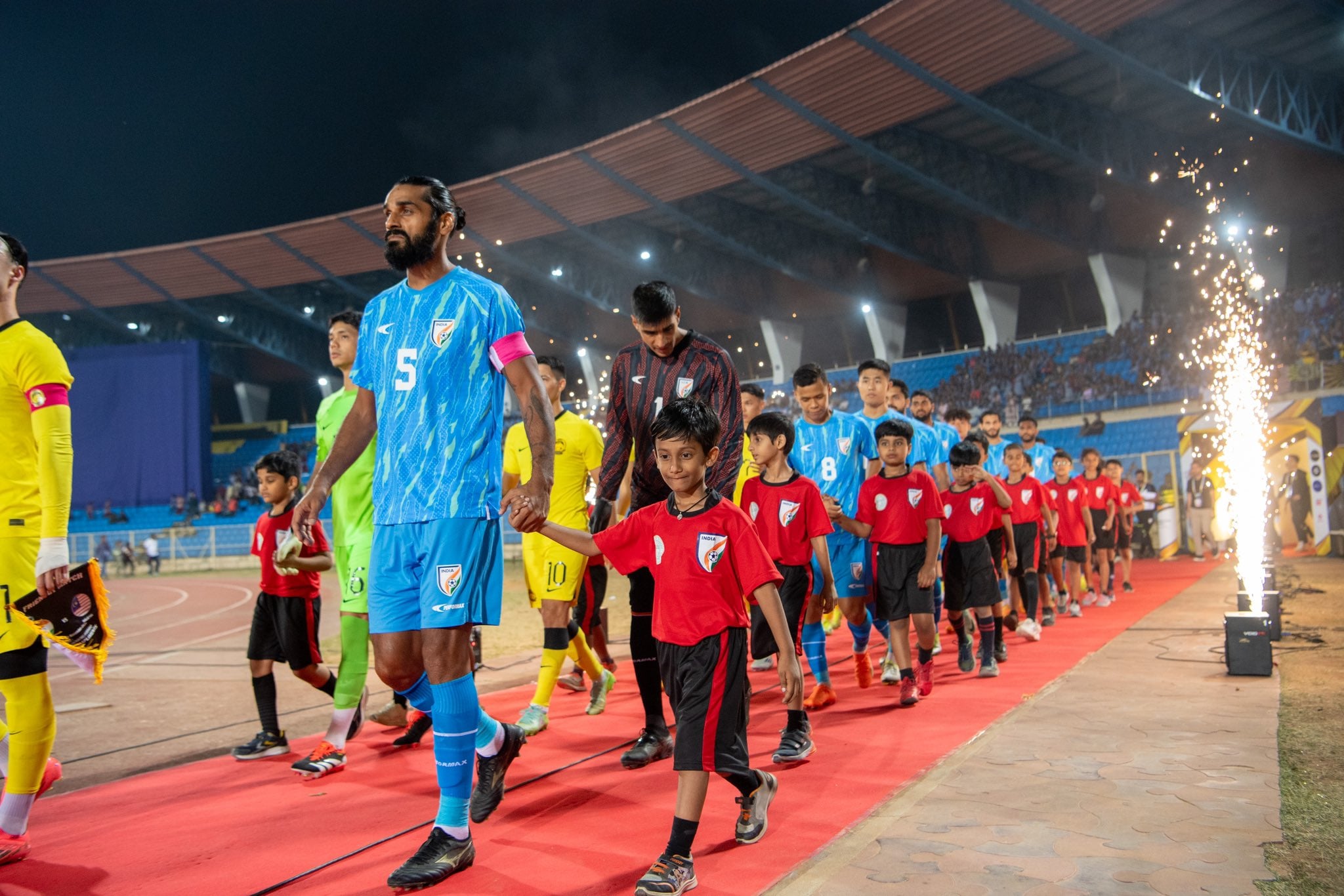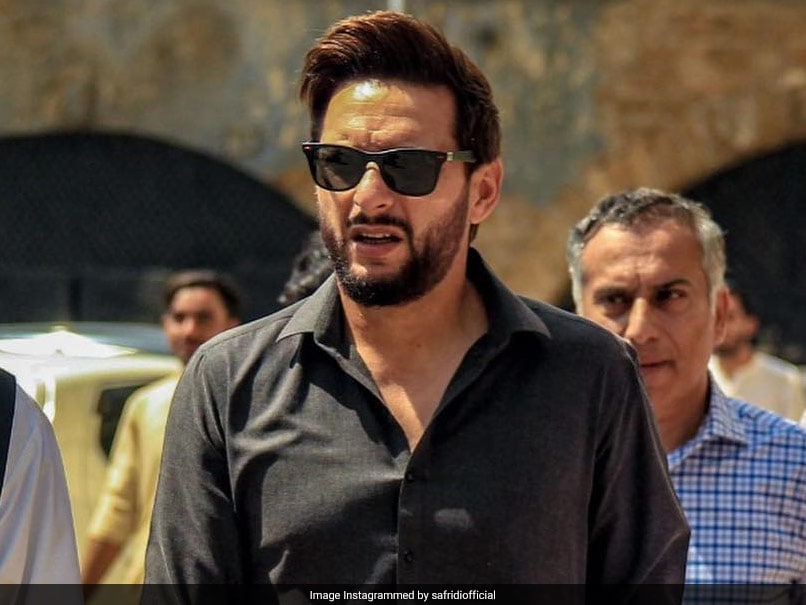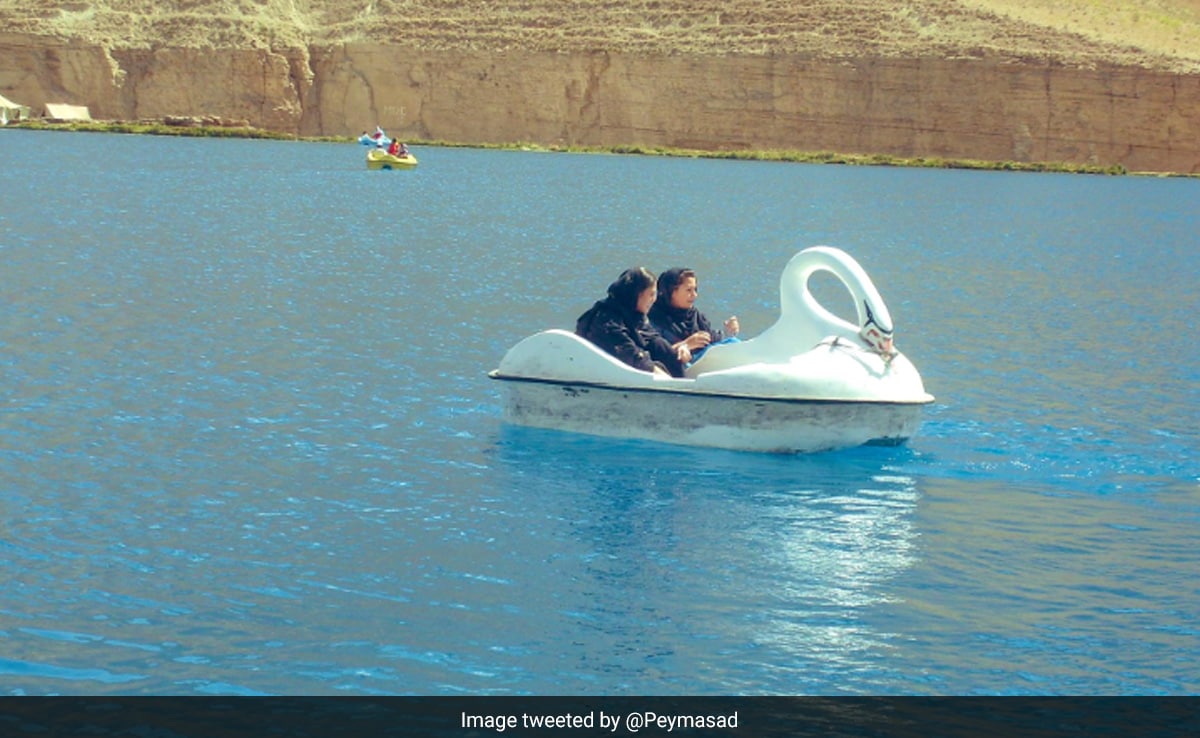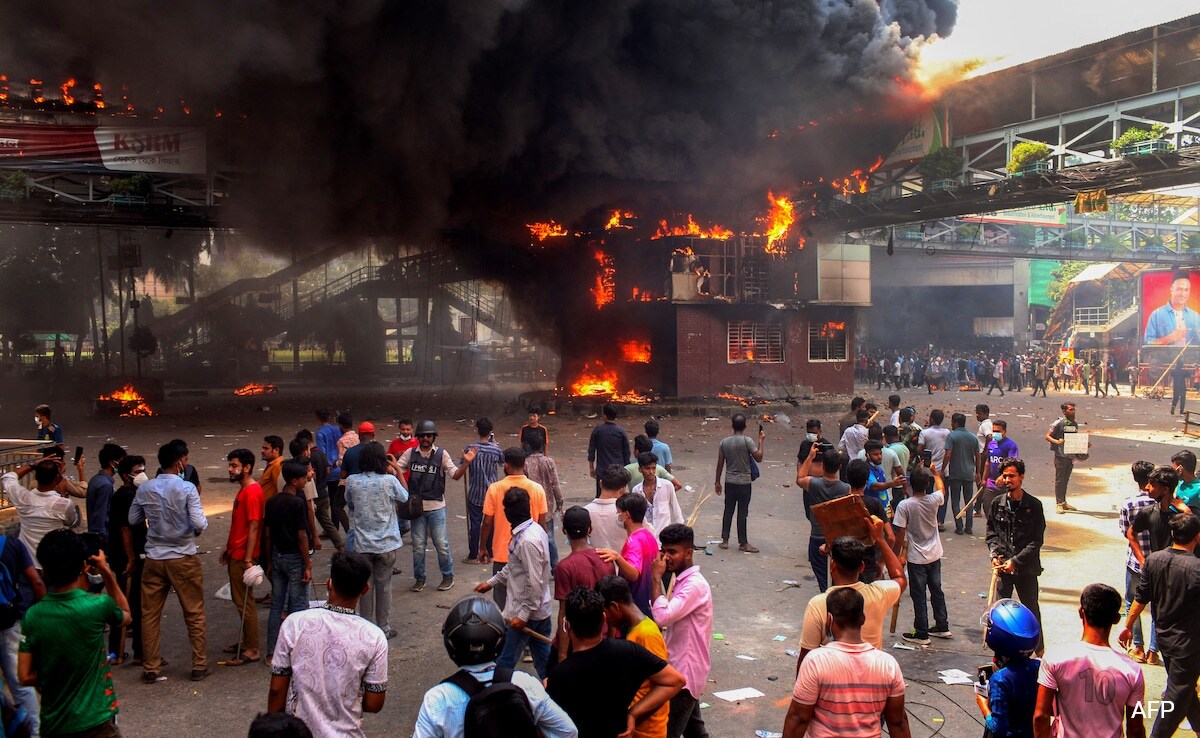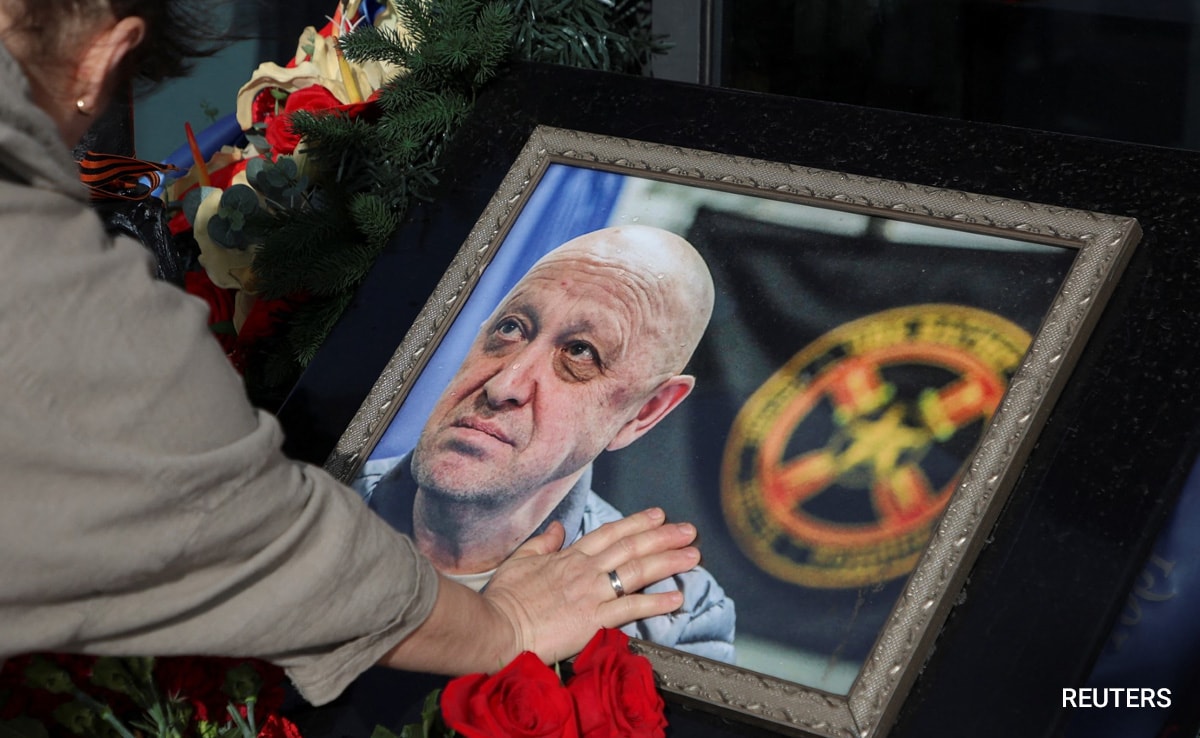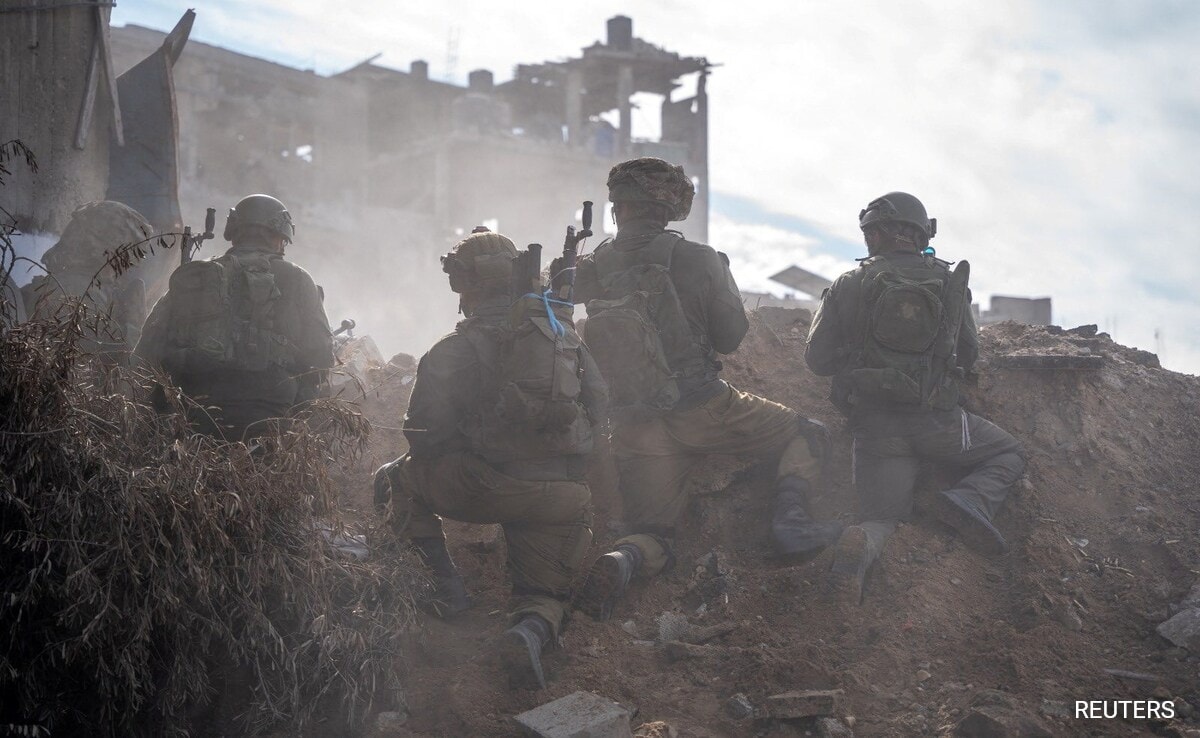ISKCON leader Chinmoy Krishna Das is escorted by the police at the Chattogram Metropolitan Magistrate Court, in Chattogram, Bangladesh on November 26, 2024.
| Photo Credit: Reuters
The story so far: On November 25, Chinmoy Krishna Das, spokesperson of the Bangladesh Sammilito Sanatani Jagaran Jote, an umbrella group of minority religious communities, was arrested in Dhaka en route to Chittagong. He was sent to police custody after being charged with sedition over alleged disrespect of the national flag of Bangladesh during a rally on October 25.
What followed the arrest?
Clashes erupted resulting in the death of a government law officer. Communal incidents, including the desecration of three temples in the region, were reported as rumours spread that the lawyer was killed by supporters of the Vaishnavite monk. More than 18 individuals have been arrested on charges of rioting and for the murder of the assistant public prosecutor.

What are the charges against Das?
Das is a former leader of Pundarik Dham, a religious centre in Chittagong known for the worship of Sri Krishna and Lord Jagannath. Pundarik is also a centre for the International Society for Krishna Consciousness (ISKCON), and Das was associated with the organisation till recently. He rose into prominence after the fall of the Sheikh Hasina government on August 5, as reports of attacks on the minority communities and Sufi shrines spread. He held three major rallies in Dhaka, Chittagong and Rangpur, delivering fiery speeches in support of minority rights. His stature grew with many political leaders calling on him.
The case against him was filed by former local BNP leader Firoze Khan who alleged that during a rally in Chittagong, a saffron flag was raised higher than the Bangladesh national flag, which has been interpreted as an insult.

Who are leaders of minority communities?
Bangladesh has an ancient Hindu and Buddhist population, and in recent decades has also acquired a thriving Christian community. These groups mobilised in the backdrop of years of military rule. When Khaleda Zia became the Prime Minister in 1991, the minorities gathered under the Bangladesh Hindu Bouddho Christian Oikyo Parishad (BHBCOP).
According to Monindra Kumar Nath, who is the public face of the group, incidents of discrimination and atrocities against Hindus, Buddhists and other religious communities have been increasing over the years. Despite repeated pleas, neither the Hasina government nor the governments before that, were able to help. This has created a sense of frustration among the younger members of the communities, creating space for leaders like Das.

What is ISKCON Bangladesh’s stand?
In a press conference on November 28, the Secretary-General of Bangladesh ISKCON, Charu Chandra Das, said that several activist monks of ISKCON including Chinmoy Krishna Das had been removed from their positions. “It was clearly stated that their actions are not representative of ISKCON,” Charu Chandra Das said. He also said that connecting ISKCON as an organisation with the murder of the assistant public prosecutor was “wrong”. He said: “We want to make it clear that ISKCON Bangladesh has no involvement in this tragic event.”

What is happening in the border States?
ISKCON, which is based in West Bengal’s Mayapur, has a large support base in West Bengal, and Tripura, and followers of the organisation have been agitating about the threats to the organisation in Bangladesh. Protesters held a demonstration outside the Bangladesh Assistant High Commission in Agartala, protesting against the attacks on Chakmas in the Chittagong Hill Tracts. On Thursday, a similar but more aggressive scene was witnessed outside the Deputy High Commission of Bangladesh in Kolkata where a large crowd of protesters burnt an effigy of Muhammad Yunus, Chief Adviser of the interim government of Bangladesh.
The communal tension and online exchange between the majority and minority communities have added to concerns about a possible exodus of minority communities of Bangladesh to bordering States.

What has been the government’s response?
Mr. Yunus stresses that his government is led by activists and human rights advocates who have a clean record and, are therefore, not part of any plot to discriminate against minority groups. But on the ground, there are often instances of attacks against temples and places of worship. This is partly also happening because the government has not managed to restore law and order and bring agencies under control to maintain peace and harmony in a plural society. The BHBCOP has expressed concern about the Yunus government’s intentions, especially because of a push for ‘reforms’.
As part of constitutional reforms, the Attorney General of the interim government, Md Asaduzzaman, has taken up the validity of the 15th amendment of the Bangladesh Constitution of 2011 that re-inserted ‘secularism’ in the statute. ‘Secularism’ was first incorporated in the Bangladesh Constitution in 1972.
While arguing the case as part of the Yunus government’s reform agenda, Mr. Asaduzzaman drew attention to the demography of the country, saying that “socialism and secularism do not reflect the realities of a nation where 90% of the population is Muslim.” These remarks were taken as a sign that the government is keen to dismantle Bangladesh’s secular constitution.

What about India-Bangladesh ties?
The interim Yunus government has been widely perceived as a setback for India’s Bangladesh policy as Ms. Hasina had warm ties with India. Bangladesh has been critical of the former Prime Minister being harboured on Indian soil, and earlier this week Ms. Hasina made a scathing statement about the Yunus government which was widely publicised.
Ms. Hasina’s verbal attack blew away the careful silence of the Indian government about her presence in India. India maintains a formal policy of non-intervention in foreign affairs and expects the same from partner countries. But although Ms. Hasina becoming vocal — while in exile in India — has added to India’s diplomatic baggage, with sources indicating that it is not in a position to openly support or oppose any of the actions that she may resort to. Many India-backed projects have also taken a hit.

An Adani Group power project involving the export of power generated at its Godda power plant has been placed under review; a consultancy agency will be hired soon to evaluate the feasibility of the project, the interim Bangladesh government has said.
The turn of events has added to the interim government’s internal problems. It faces an uncertain future as it is well-known that Mr. Yunus and Donald Trump do not share cordial personal ties. That apart, Jamaat-e-Islami, the third largest political formation and an avowed anti-India party that was banned by Ms. Hasina, has become internationally active.
Published – December 01, 2024 03:00 am IST


